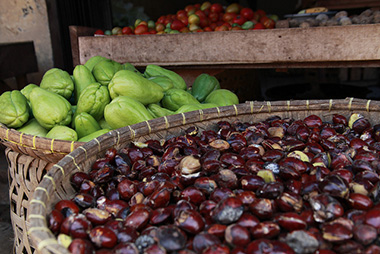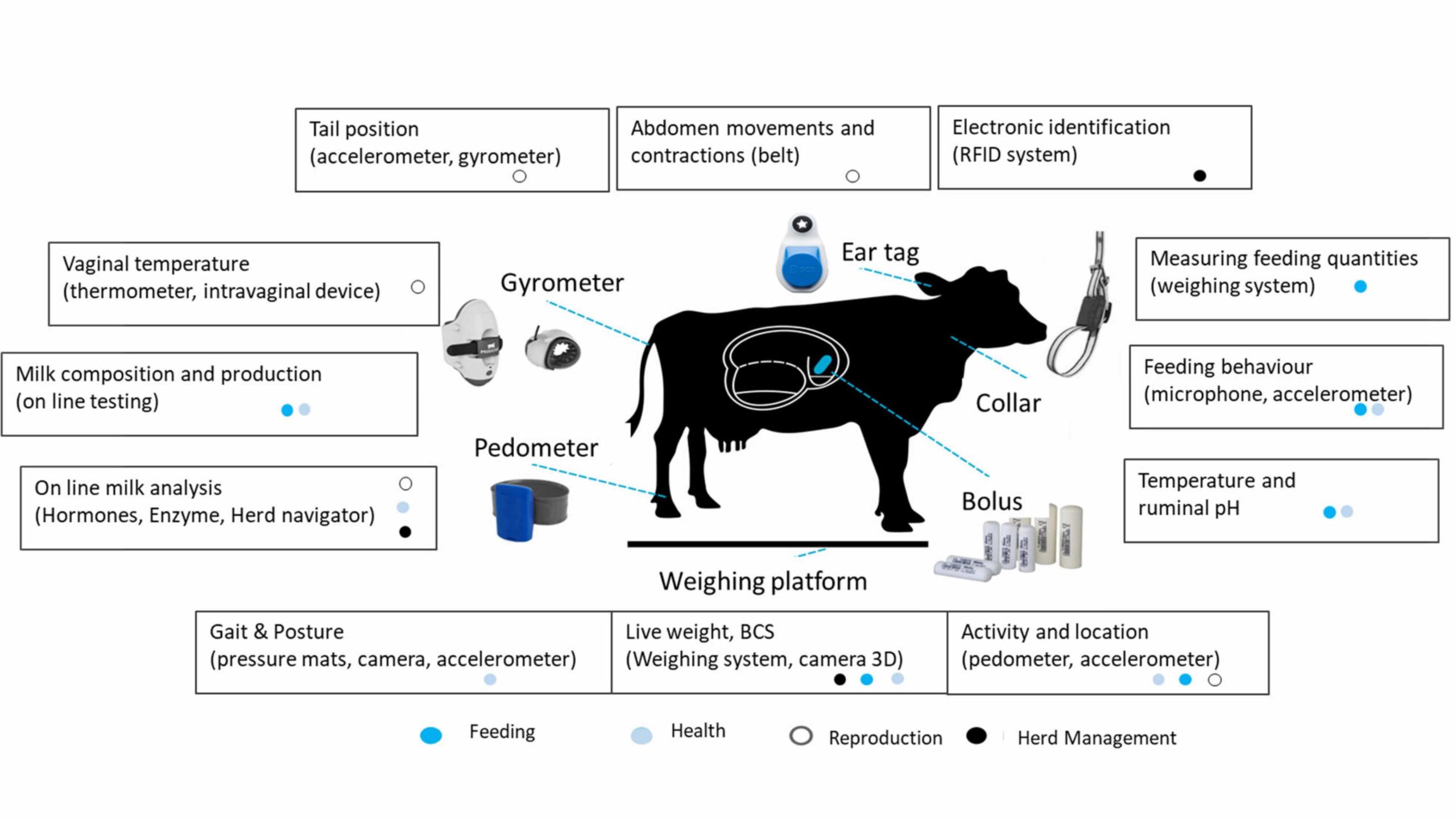The following blog story originally appeared on IFPRI’s Food Security Portal.
Value chains include all actors and activities from food production to consumption—“from farm to fork”—enabling complex food systems to be molded into a comprehensive, solution-oriented approach to improving nutrition security. While value-chain interventions have historically focused on increasing income for smallholders and other stakeholders along the chain, value chains can also play an important role in determining the availability, affordability, quality, and acceptability of nutritious foods. In their recently published IFPRI Research Brief, Alan de Brauw, Aulo Gelli, and Summer Allen document opportunities to improve the nutritional outcomes of low-income consumers through interventions in food value chains.
The literature on value chains identifies several general features that give value chains considerable flexibility in addressing nutrition problems. Interventions that tackle market failures can target specific value-chain actors, with a focus on increasing their incentives and capacities for delivering improved nutritional performance. The nutritional benefits and food-safety risks associated with consuming a particular food can be enhanced or diminished at key points along the value chain. Additionally, value chains provide a context for examining not only economic value along the chain, but also other kinds of added value such as nutrition and environmental sustainability. Finally, value chains provide a framework where overnutrition, undernutrition, and diets can be considered in an integrated way.
Though there has been considerable interest in linking value chains to nutrition, say the authors, there is little documented experience in the literature, and important evidence gaps limit understanding of the feasibility of the value-chain-for-nutrition approach. To understand how best to develop value chains for nutrition, more research is needed on:
- pathways linking value-chain activities to nutrition;
- conditions required for value chains to bring about increased consumption of nutritious foods;
- constraints preventing consumption requirements from being met; and
- intervention designs most likely to be effective at alleviating constraints.
Alan de Brauw is a senior research fellow and Summer Allen is a research coordinator in the Markets, Institutions and Trade Division at IFPRI. Aulo Gelli is a senior researcher in IFPRI’s Poverty Health and Nutrition Division.







